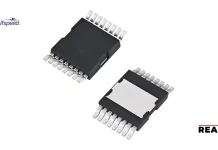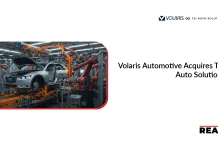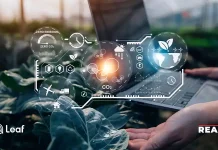The Internet of Things (IoT) is revolutionizing our lives and workplaces. Its impact is evident in smart homes, connected cars, and various aspects of daily life. Although, did you know IoT is reshaping industries too? It’s not just for tech enthusiasts; it’s changing business operations.
Picture a medical device monitoring your vital signs, transmitting data directly to your doctor. Envision a retail store knowing your preferences and sending tailored offers. These scenarios are no longer confined to science fiction; they’re becoming reality.
From healthcare to retail, and from manufacturing to energy, the technology is leaving its mark across diverse industries.
Let’s talk more about how these solutions are revolutionizing several industries.
Importance of IoT Solutions Across Industries
IoT solutions play a pivotal role across industries by enabling real-time data collection and analysis. This leads to improved operational efficiency, cost savings, and enhanced customer experiences. In manufacturing, the technology facilitates predictive maintenance, reducing downtime and optimizing production schedules. In healthcare, it enables remote patient monitoring, improving healthcare outcomes and reducing the burden on healthcare facilities. In agriculture, it provides precision farming techniques, optimizing resource utilization and increasing crop yields. In smart cities, it enhances urban planning and resource management, leading to more sustainable and livable environments. Overall, these solutions drive innovation and productivity, making them indispensable in today’s interconnected world.
How is IoT Transforming the Manufacturing Industry?
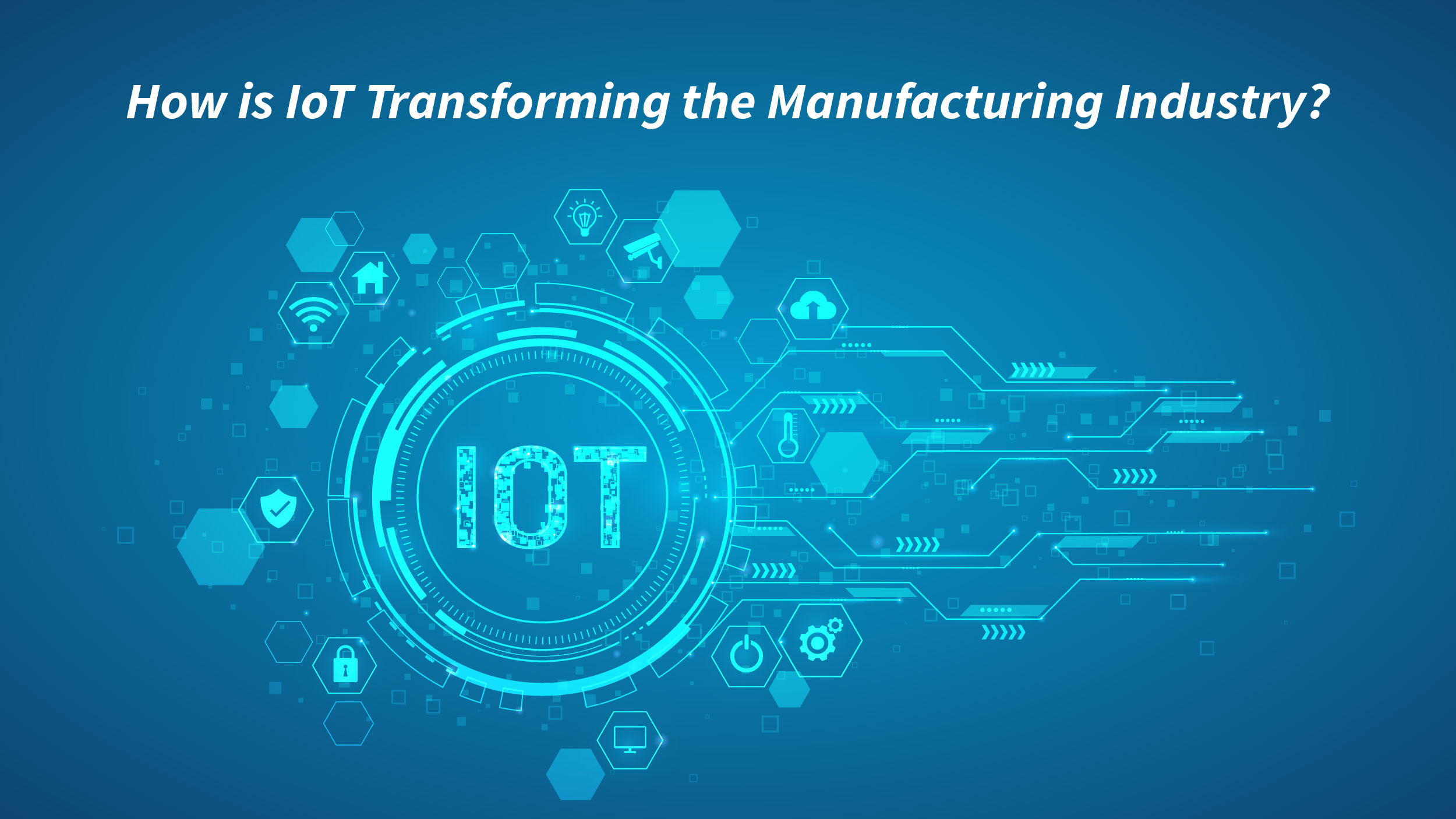
Manufacturing serves as the cornerstone of numerous economies, and guess what? IoT is revolutionizing this industry too! With advancements like predictive maintenance and smart factories, it is enhancing efficiency, cutting costs, and promoting sustainability in manufacturing.
Manufacturing has the highest level of IoT investment of any industry. There are two types of investments in this, outward facing (customer usage improvement) and inward facing (optimizing systems and lowering costs) under this industry.
The technology is being used by manufacturers to improve their operations, monitor equipment, and do predictive maintenance.
Now, let’s delve into some specific ways the technology is reshaping this sector.
● Predictive Maintenance
IoT sensors monitor machinery in real time, preventing potential failures. This reduces downtime, extends equipment lifespan, and enhances sustainability. Anticipating issues improves reliability and lowers maintenance expenses for manufacturers.
● Smart Factories
IoT systems enable centralized monitoring and control in factories. They oversee production, inventory, and environmental settings from one dashboard, boosting efficiency. This technology enhances visibility, control, and decision-making across operations.
According to a Deloitte survey, while only 51% have made investments, a striking 86% believe that smart factory initiatives will be the key driver of industrial competitiveness in the coming five years.
● Supply Chain Management
IoT tracks products from factory to customer, enhancing visibility and control. This speeds up responses to issues like delays or quality problems. Implementing Internet of Things in the supply chain boosts efficiency, cuts costs, and boosts customer satisfaction.
● Energy Management
IoT solutions monitor energy usage in manufacturing, pinpointing areas for consumption reduction. Sensors track machine usage, revealing process inefficiencies.
How IoT is Enabling the Industrial Revolution to Drive Innovation?
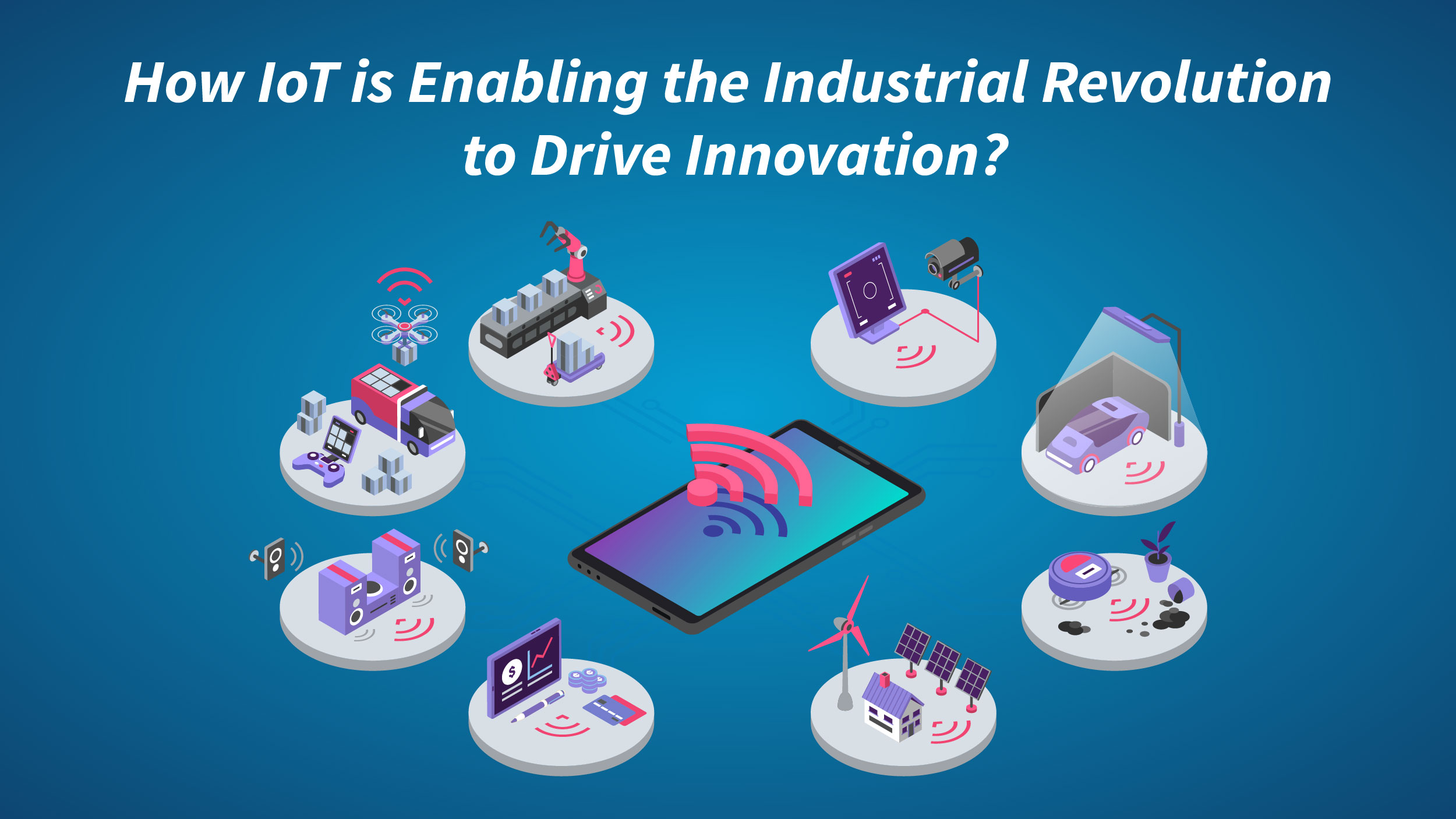
It is a system wherein cars, offices, homes, warehouses, etc. are part of a network of interconnected things and equipment with unique identities that aid in data transfer over an internet network without the need for human interaction and perform functions.
Advanced manufacturing technologies include advanced analytics, automation, the Industrial Internet of Things, Industry 4.0, machine learning, artificial intelligence (AI), cloud platforms, and other digital breakthroughs.
According to several industry experts, the Internet of Things could be the next industrial revolution or the next form of the Internet. Let us demystify IoT in case you’re new to the world of Internet of Things technology.
1. Leveraging Industrial Internet of Things
Industries use IIoT to digitize operations, change business models, boost performance and productivity, and reduce waste. Several asset-intensive businesses, which operate in a variety of industries including manufacturing, energy, agriculture, transportation, and utilities, are developing IoT projects that will connect billions of devices. Predictive quality and maintenance analytics, asset condition monitoring, and process optimization are just a few of the applications that they can help within the forthcoming years.
Several ‘mature’ industrial enterprises that have switched to this business model, service, and new revenue potential with actual results and innovative solutions, already have such a holistic strategy in place.
2. Automotive
The automotive industry has the second-highest IoT investment. Automakers like BMW, Ford, and GM, as well as companies like Google and Uber, are developing novel technology to bring self-driving cars to market. These automotive IoT advancements will help cut down pollution, save lives, and make transportation more convenient.
Sensors are being installed in an increasing number of freight and public transit vehicles to help schedule maintenance, optimize fuel consumption, and manage fleets. Some automobiles include digital data recorders that are configured to take video samples when the vehicle accelerates rapidly, which could indicate a catastrophic traffic accident.
3. Retail Industry
In a smart retail shop, the footsteps can be analyzed, so that retail stores can analyze and understand the entire retail experience. To determine market demand, expensive and time-consuming surveys were conducted previously. Smart businesses now are employing video foot traffic monitoring to determine which products are the most popular and which customers are having difficulty finding products.
Technology is bringing more and more innovation into the digital world every day, turning it into a multi-trillion-dollar market in the coming years. From stores to automobiles to smart offices, it is bringing a range of products into the digital world every day
Bottom Line
The integration of IoT in industries marks a transformative phase, driving innovation at an unprecedented pace. As highlighted, various sectors are harnessing the power of this technology to enhance operations, increase efficiency, and improve customer experiences. From manufacturing and healthcare to agriculture and smart cities, the applications of Internet of Things in different industries are reshaping traditional practices and propelling us into a more connected and intelligent future.
